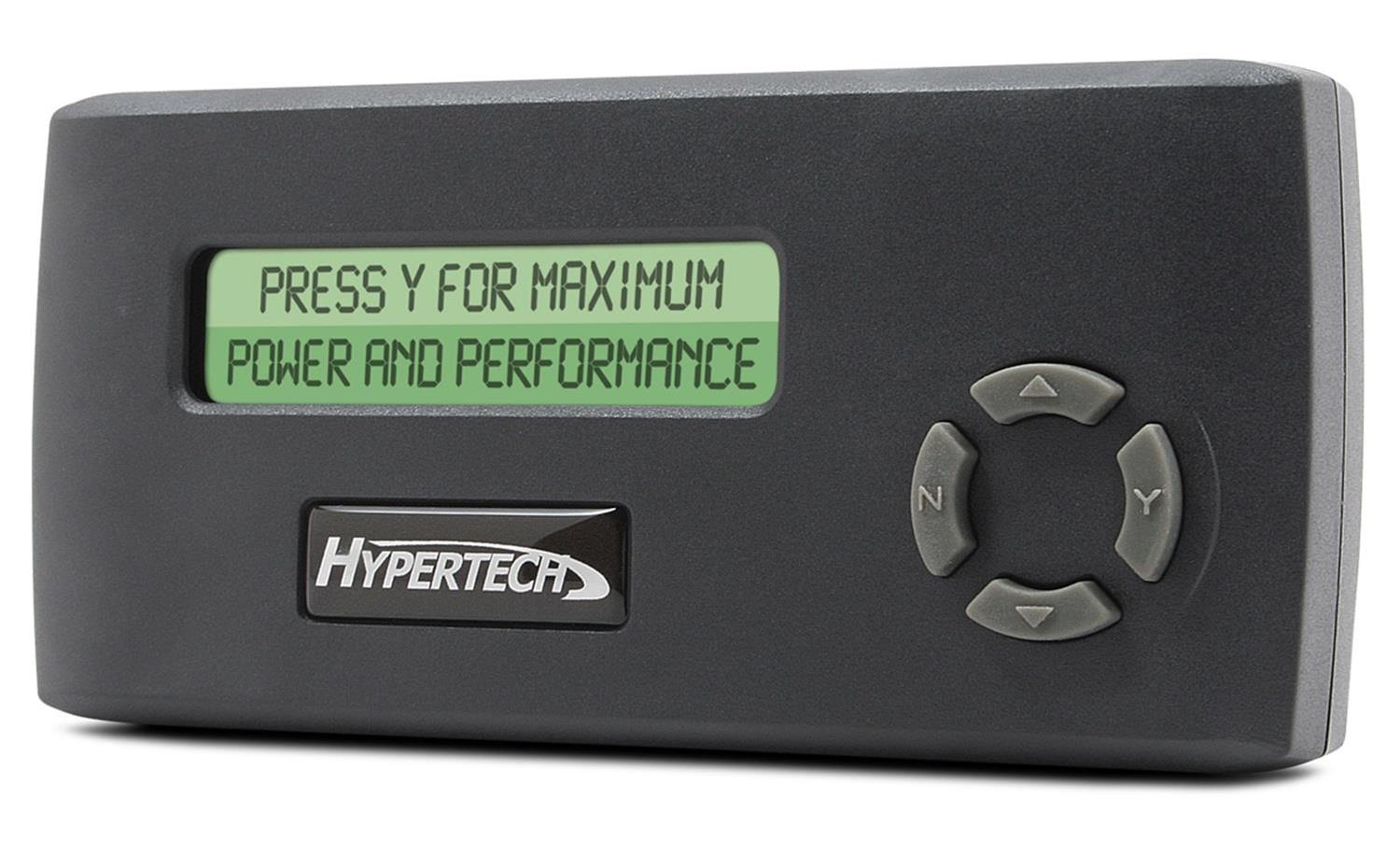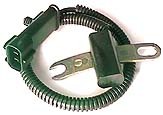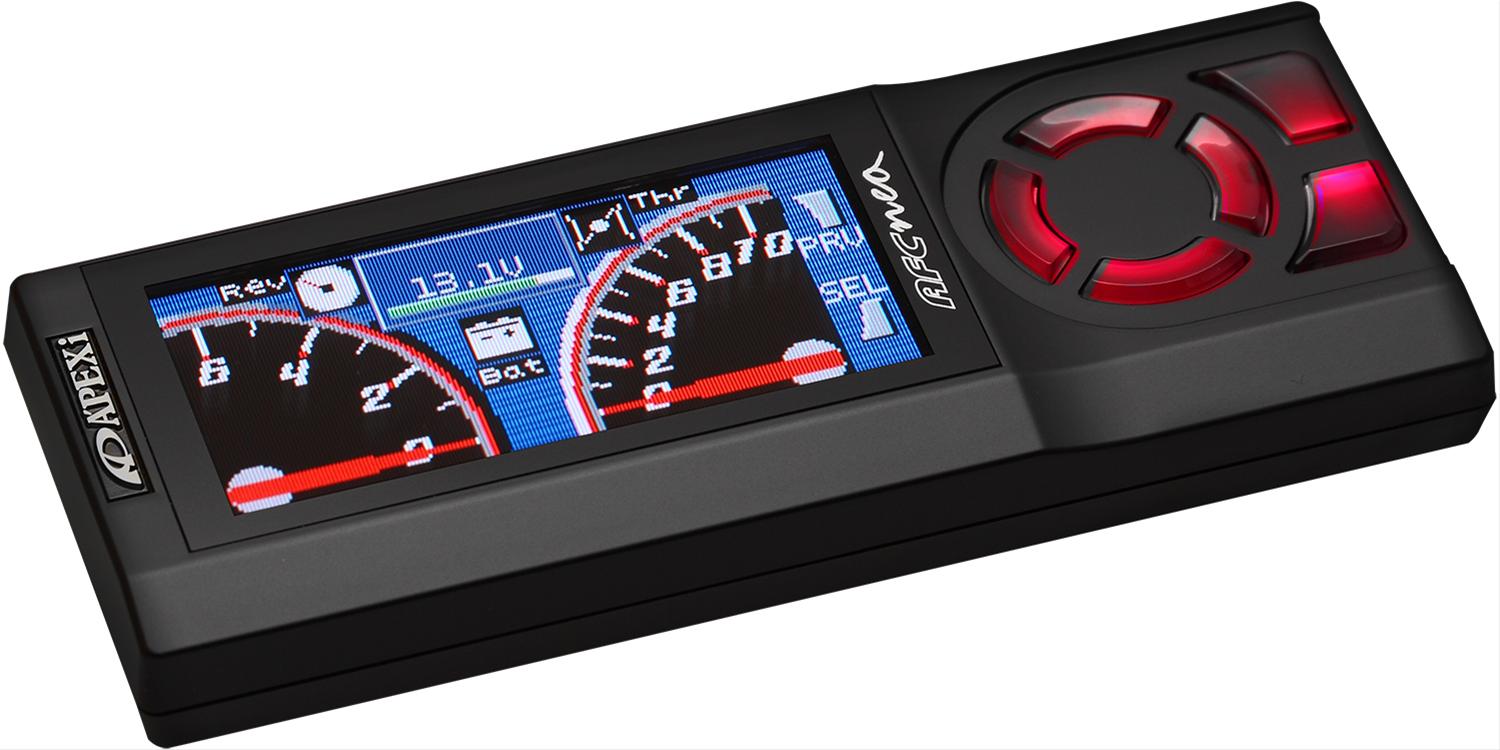

 |
Electronic Control |  |
|
Engine Computer (ECU) The '87-'90 4.0L engines were run by Renix (Renault-Bendix) engine controllers, the '91-'95 engines were run by Single Board Engine Controllers (SBEC), and the '96 and later engines were run by Jeep Truck Engine Controllers (JTEC). The JTEC is the only controller that can be reprogrammed. The others require you to physically change a chip which involves unsoldering and resoldering. Chip manufacturers make wild claims of big horsepower/torque gains by installing their performance chips on normally-aspirated EFI engines. This simply doesn't happen in the real world. At best, small HP/TQ gains are seen on the dyno. Some chips even cause a HP/TQ loss! The main benefits of performance chips seem to be elimination of the top speed governor, raised rev-limiter, and harder gear shifts in automatic transmissions. |
|
 Leigh Performance MAP Adjuster
|
|
 Adjustable Crank Position Sensor You can make your stock CPS adjustable by slotting the bolt holes. This allows more ignition advance for increased horsepower and is particularly useful at high elevations where the engine is less sensitive to detonation due to the thinner air. Since naturally-aspirated engines produce approximately 3% less HP for every 1000ft elevation, the small gain in performance produced by this device is welcome. |
|
 Relocate MAT sensor Relocating the Manifold Air Temperature (MAT) sensor to the cold air intake allows it to pick up ambient air temperature instead of intake manifold air temperature, which as much as 60*F higher. Lower temp. signals are sent to the ECU which then enriches the fuel/air mixture at WOT (wide open throttle) and slightly advances the ignition timing. The result is increased horsepower/torque if previous airflow-enhancing mods (intake, exhaust) have caused the engine to run lean. The benefit is greater in hot weather conditions. |
|
 Coolant Temperature Sensor (CTS) The CTS is a device that monitors the coolant temperature. On the '91 and later Jeep 4.0L engine, it is mounted in the thermostat housing (see photo below). As the coolant temperature increases, the resistance of the sensor decreases, providing a varying output voltage to the ECU. The ECU uses information from the CTS to adjust air/fuel mixture, ignition timing, and to switch on the electric cooling fans. The electric fans are programmed to switch on when the coolant temperature reaches ~105*C (~220*F) and off again when it falls back to ~95*C (~200*F). The ECU can be tricked into switching the fans on at ~100*C (~210*F) and off at ~85*C (~185*F) by splicing in a 4.0kohm resistor across the two wires going to the CTS. Click on the photo below for further details. |
|
|
APEXi Super AFC NEO Fuel Computers 401-A018
|
|
 Split Second FTC1 Fuel/Timing Calibrator The FTC1-201 is a plug-and-play Fuel/Timing Calibrator for 4.0L Jeep applications. It controls an additional injector in order to provide fuel in boost. Both the additional injector pulse width and timing retard are laptop programmable. The unit comes pre-programmed with a base map for a typical supercharger application. It also has an enrichment function that adds fuel in boost at part-throttle. The FTC1-201 is compatible with the 3-plug, JTEC PCM modules found on 1997 through 2004 model years. The R4 software is included with this unit. |
|